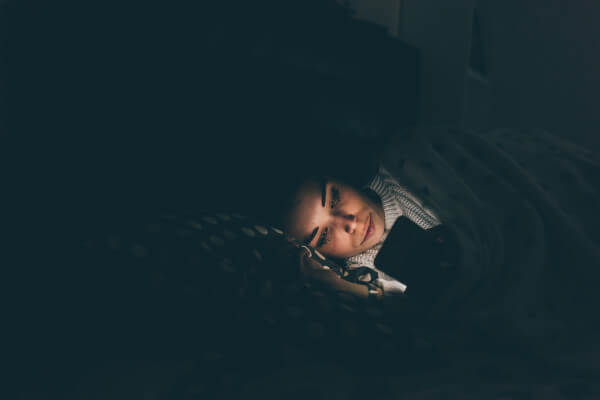Sweet Dreams

Recent research suggests around 10% of the world’s population – and up to 33% of Brits – suffer from sleep deprivation.
Symptoms include not being able to drift off, waking up in the middle of the night, and not being able get back to sleep once awake.
Yet by managing sleep routine, it’s possible to temper the effects of insomnia.
Sleep deprivation is not about just what happens at night. Lack of shut-eye can lead to tiredness during the day, feelings of irritation, an inability to perform even simple tasks, plus feelings of confusion, depression and despondency.
On the flip side, medical experts note that insomnia can be brought on by health conditions such as anxiety, depression and stress and these can cause restless nights both short and long-term. But what can you do to help manage it?
Routine
Creating and sticking to a solid night-time routine is essential for managing insomnia.
This should begin with a set timeframe for going to bed, encompassing a gradual but planned wind-down as the evening progresses.
Waking up at approximately the same time each day is also important – sleeping in too late can mean the body isn’t tired enough to embrace sleep that night.
Pre-sleep activity
 Reading a book or taking a bath will help your body and brain to relax during the process of calming down towards sleep. Peaceful activities prior to bedtime will positively enhance your chance of falling asleep.
Reading a book or taking a bath will help your body and brain to relax during the process of calming down towards sleep. Peaceful activities prior to bedtime will positively enhance your chance of falling asleep.
In contrast, it’s not wise to eat or drink anything substantial before retiring to bed, and avoid devices that emit blue light, such as televisions, smartphones or tablets.
Surroundings
Ensure your bedroom is fully dark, quiet and calm when you climb into bed. This will give you a head start in overcoming the battle against sleeplessness. Having fewer things to irritate or distract you is an important factor – even the ticking of a clock can keep brain function at levels that prevent it from relaxing.
In contrast, some insomniacs feel more assured with the presence of background noise. Technology can play an important role in this, with everything from full-on podcasts to pre-recorded sounds such as crackling fires, thunderstorms and white noise, all of which are proven to help some drift off. It may well be a case of trial and error in discovering what works best for you.
Comfort
 To have a good night’s rest your body needs to be physically comfortable, so check your pillows are the right firmness for you, that your mattress is cosy, and you are neither too hot nor too cold.
To have a good night’s rest your body needs to be physically comfortable, so check your pillows are the right firmness for you, that your mattress is cosy, and you are neither too hot nor too cold.
However, if you work from home, resist the urge to take ’40 winks’ during the day. This will upset your circadian rhythm and make it more difficult to drop off at night.
Exercise during the day
While sleep is vital for the body to regenerate and recover from the day’s exertions, so too does it rely on having enough activity to feel it needs to drop into unconsciousness in order to rest and recover.
That means the more active you are during the day – physically and mentally – the more the suggestion of sleep is one your brain cannot resist.

